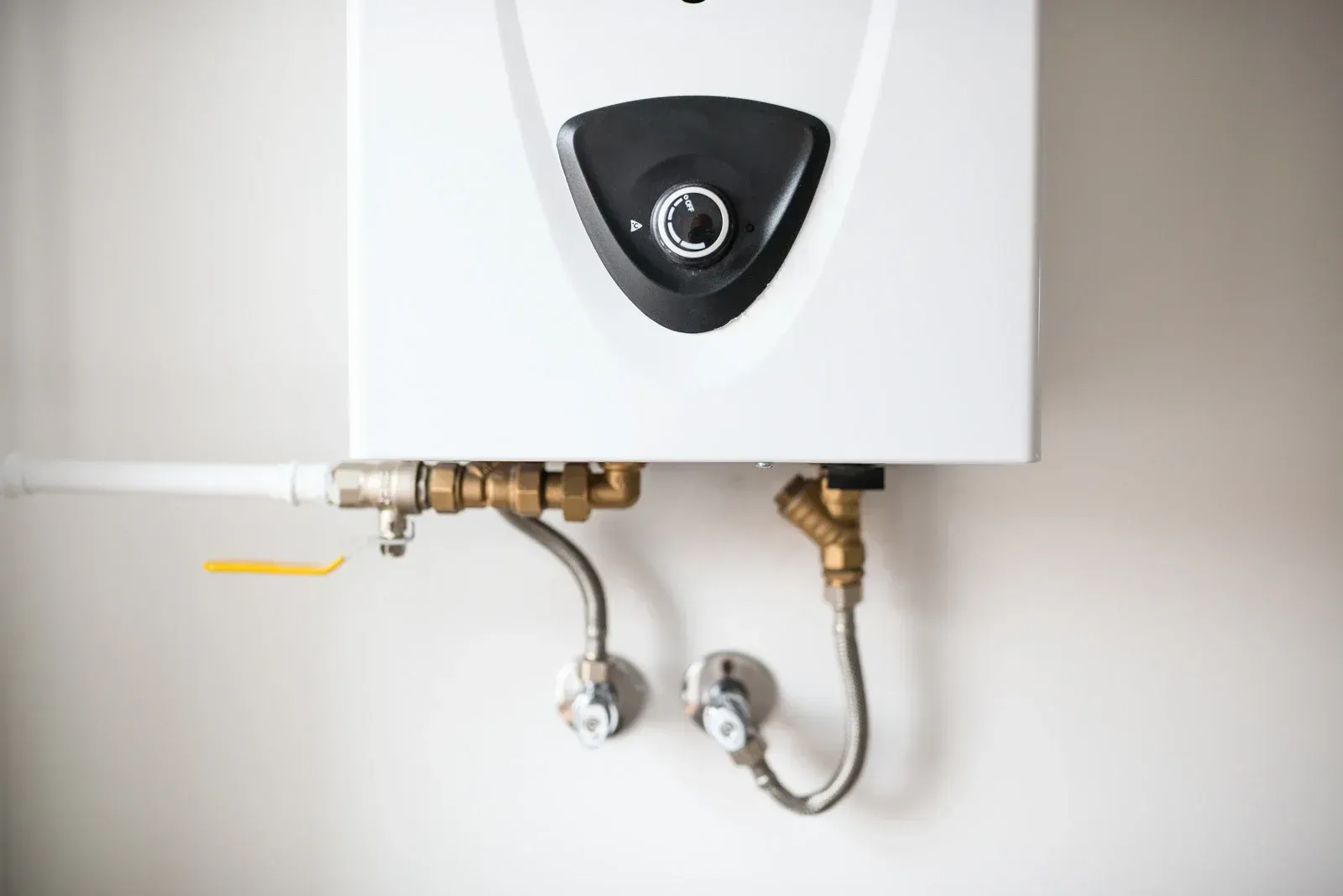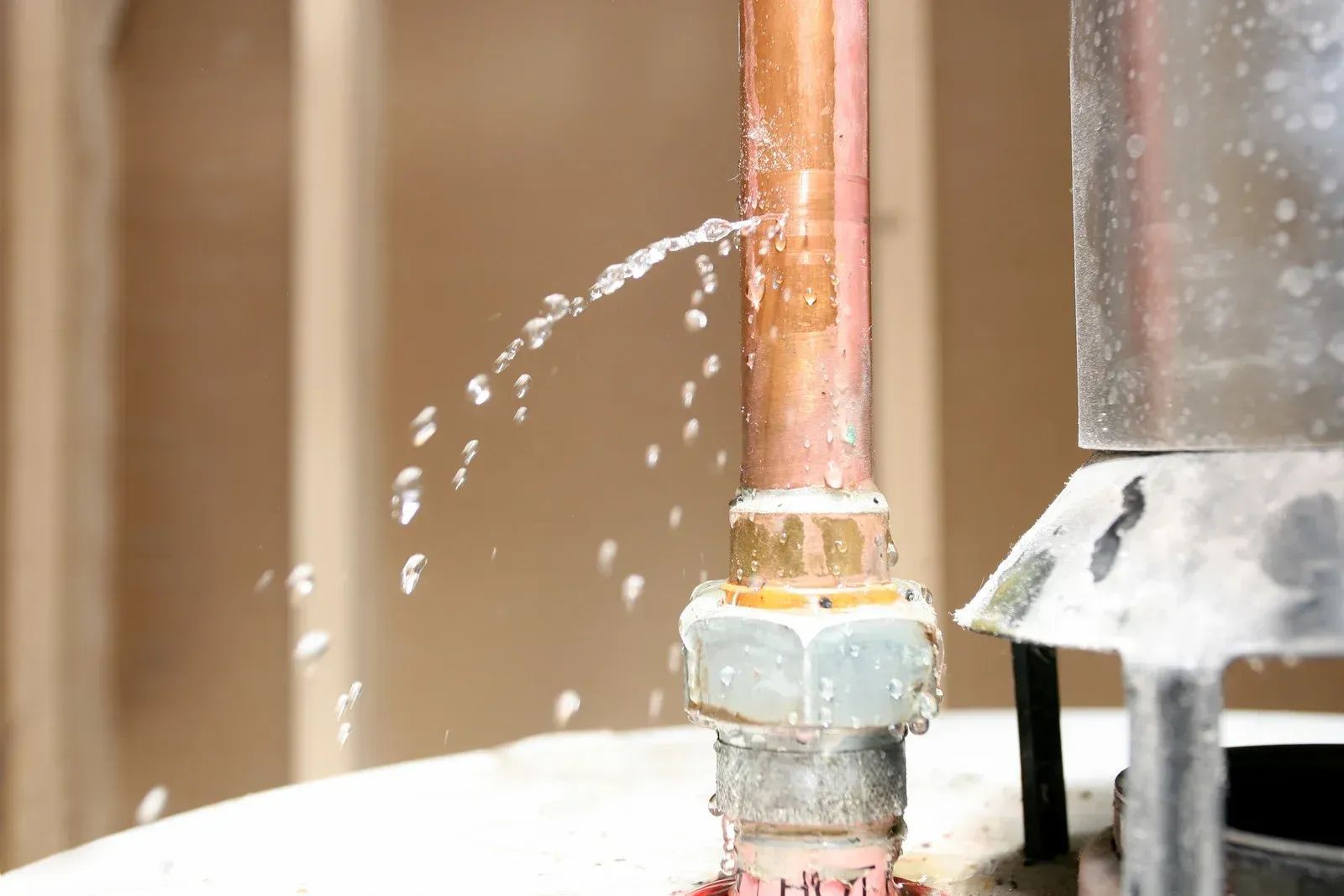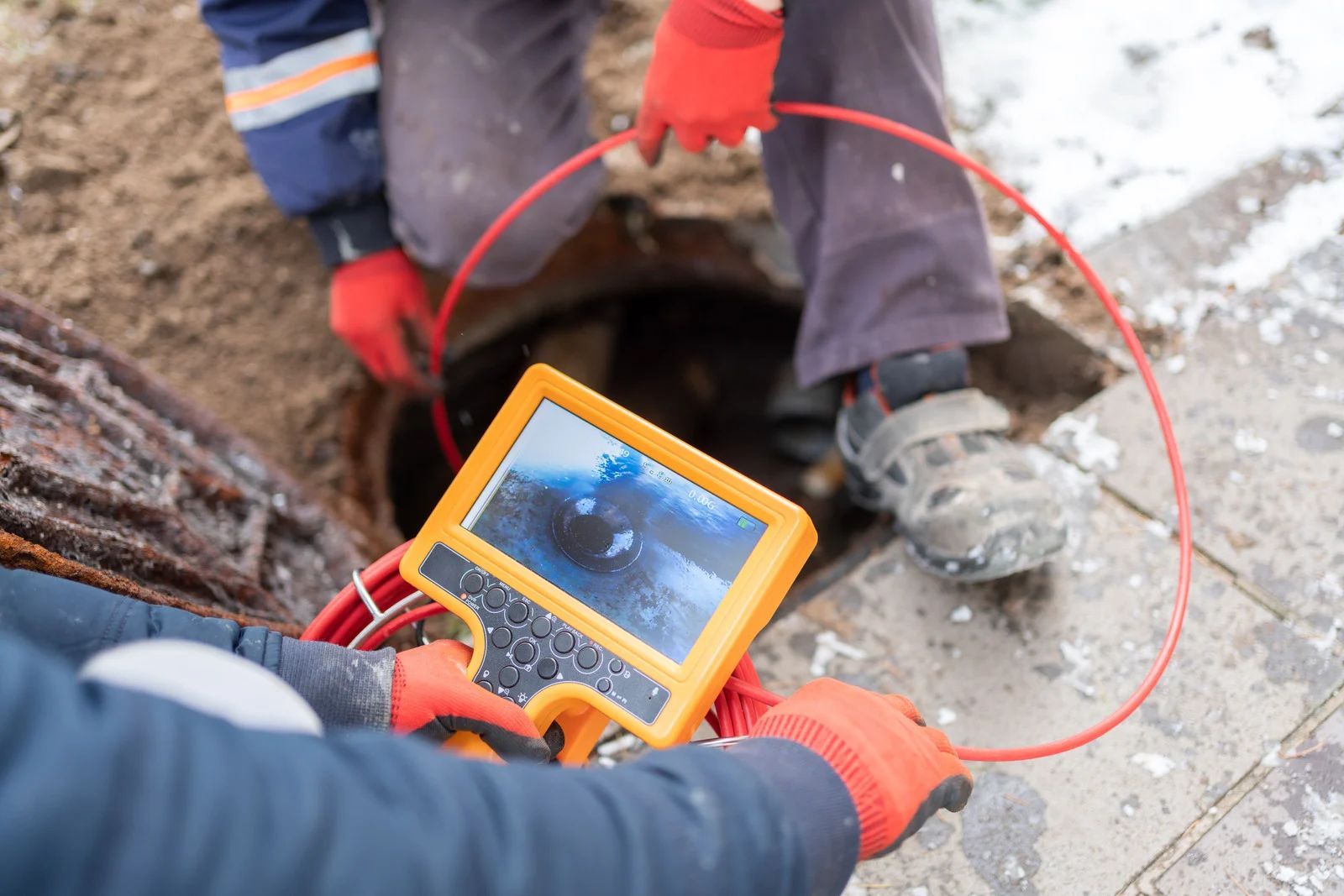Frequently Asked Questions About Tankless Water Heaters
October 7, 2025

Many homeowners have upgraded to tankless water heaters to save energy and space. However, you may be unsure if these heaters are practical for your home. Explore commonly asked questions about tankless water heaters below.
How Does a Tankless Water Heater Work?
Traditional heaters feature a storage tank, where hot water is stored until you need it. As you use the hot water, more water trickles into the tank, which is heated and kept to maintain the hot water supply.
Tankless water heaters abolish the need for a storage tank by having a heat exchanger that heats water on demand. The heater runs on electricity or gas and quickly heats water as it passes through to the outlet. The heating elements stop operating when you shut the hot water.
How Much Energy Do Tankless Heaters Save?
Heating water as required is more energy efficient than storing hot water throughout the day. If your family needs 41 gallons or less of hot water every day, an on-demand heater is 24% to 34% more energy efficient than traditional models. For homes that use more than 86 gallons of water daily, tankless heaters are 8% to 14% more efficient than standard models.
The energy savings you get after upgrading to a tankless heater depends on the model you purchase, the size of your current storage tank, and whether the heater runs on gas or electricity.
How Long Do Tankless Heating Systems Last?
Most tankless heating systems carry a lifespan of over 20 years, compared to the 10-15 years afforded by a storage water heater. Additionally, on-demand heaters feature replaceable components that extend their lifespans. Although tankless models cost more than traditional heaters, you recoup long-term savings in fewer repair and replacement costs.
What If Your Home Has Hard Water?
Hard water often causes the premature breakdown of traditional water heaters. Gradually, the minerals in hard water settle at the bottom of the storage tank and become a barrier between water and the heating element. The result is reduced efficiency and increased energy bills.
Since tankless heaters don't have a tank, minerals in hard water have little opportunity to build up inside the heater. You can get a water softener with your tankless heater to reduce mineral buildup and promote the system's durability.
How Should You Choose a Tankless Water Heater?
Many brands have entered the tankless heater market, giving homeowners and renters more choices than before. The heater size is the top consideration since an oversized model is expensive to run, and an undersized one cannot fulfill your family's hot water needs. The right-sized heater depends on how much hot water you use and how many hot-water outlets run simultaneously. You can have one tankless heater for the entire house or several point-of-use models for different outlets and appliances.
The fuel type is another critical consideration, where you can choose gas or electricity-powered tankless heaters. Gas heaters offer faster response times, while electric models are cheaper and more efficient.
Do You Require Professional Installation for Tankless Heaters?
While tankless heaters feature simple designs, they are complex to install. The installation likely requires the reconfiguration of gas lines or electrical wiring, which is best left to professionals. Additionally, you must adhere to municipal codes regarding venting, carbon monoxide emissions, and more.
Do Tankless Heating Systems Need Maintenance?
Periodic maintenance improves your tankless heater's efficiency and lifespan. A plumber cleans the unit's water and air filters and flushes the system to reduce mineral buildup. The professional also replaces worn-out parts to boost the heater's function. The maintenance requirements are higher if your house consistently has hard water or you reside in an extremely cold region.
Our expert heater services at Keil Plumbing & Heating, Inc., include installation, troubleshooting, repair, and replacement. Contact us today to explore energy-efficient water heating systems.





